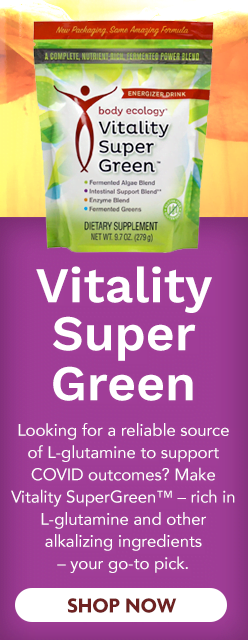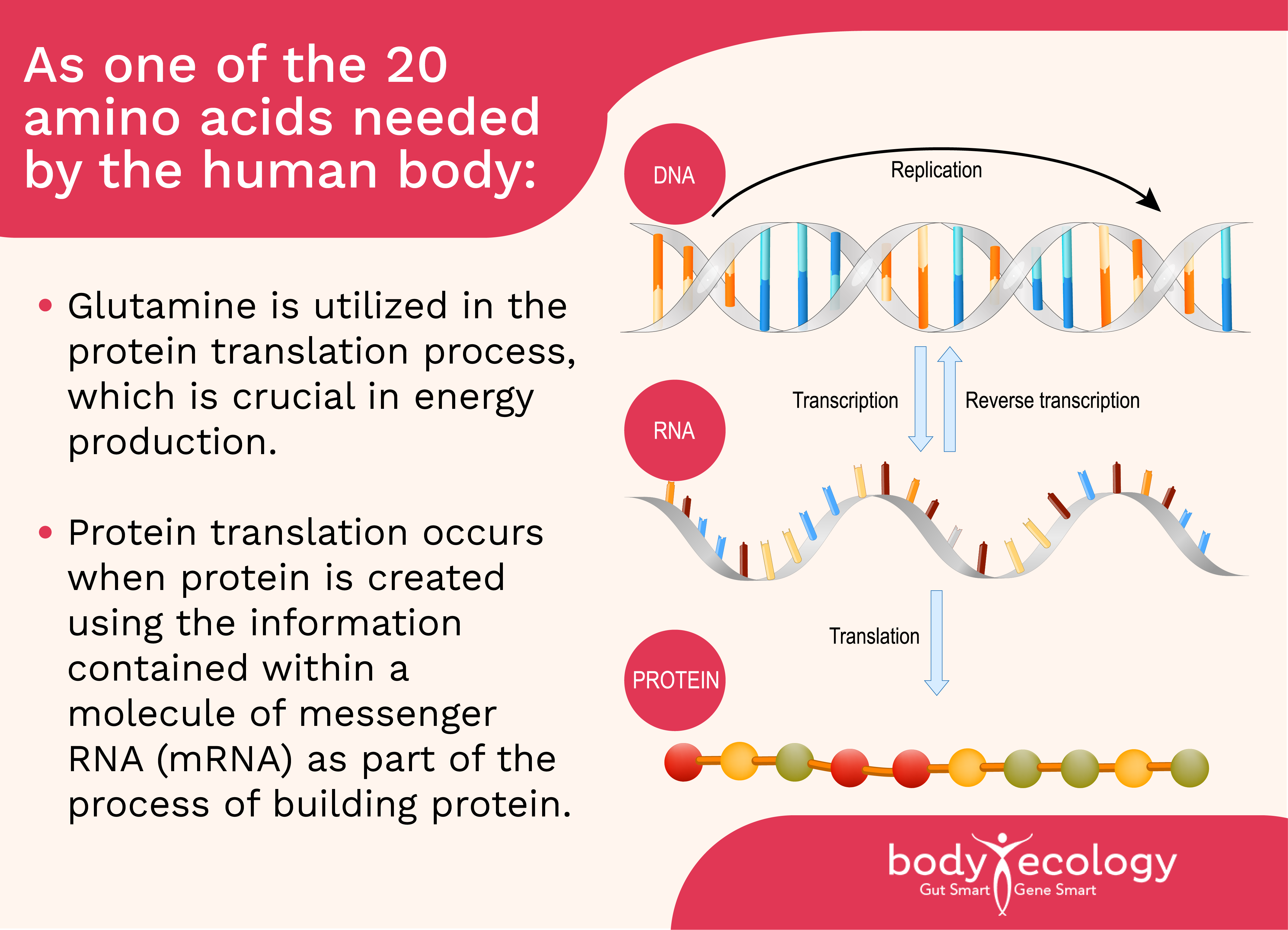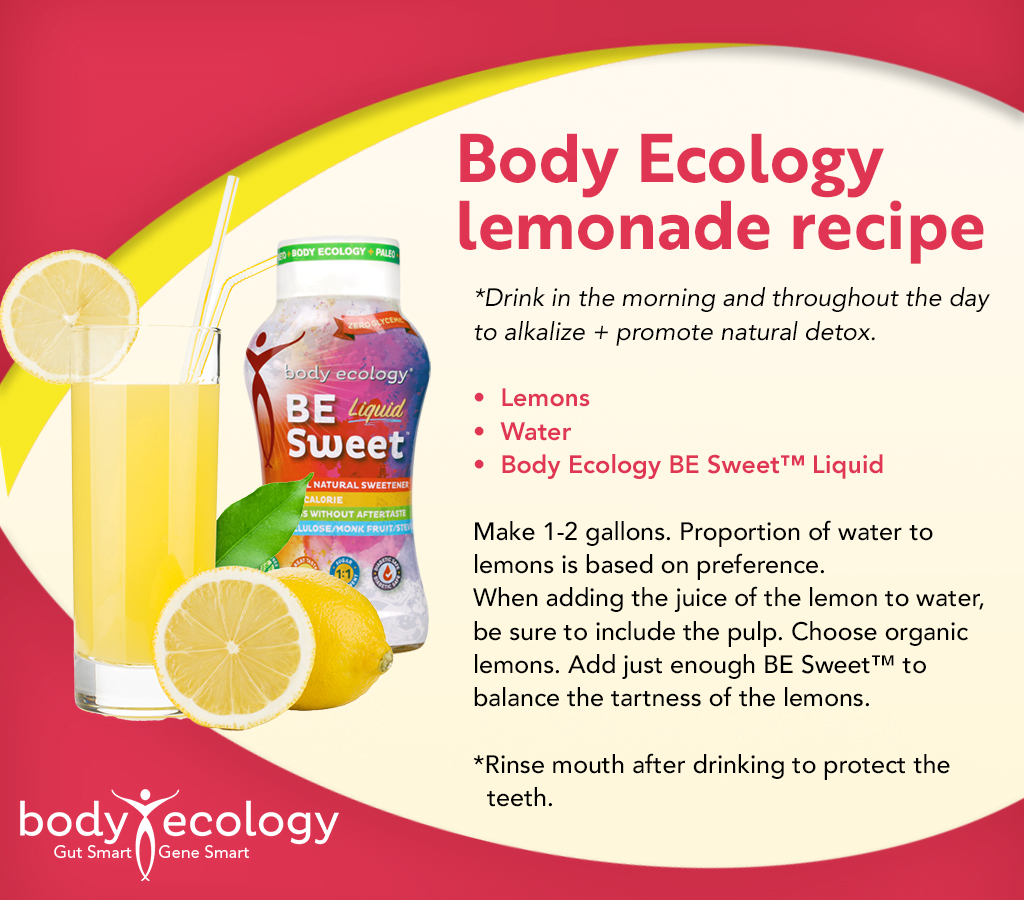
How glutamine may help you recover from COVID-19
L-glutamine is an amino acid. In fact, it’s the most plentiful amino acid in the human body. It participates in many physiological functions, including muscle protein synthesis and liver detoxification, and it’s an essential fuel source for cells that largely make up the gut lining in the small intestine.
 L-glutamine also supports cells within the immune system.
L-glutamine also supports cells within the immune system.
The body can’t make essential amino acids; they must come from food. L-glutamine is a conditionally essential amino acid. Meaning, it’s only essential in times of illness and stress. The body produces conditionally essential nutrients in amounts that are just sufficient to meet its typical requirements – i.e., the amount of glutamine it needs to perform necessary functions.
However, when facing illness or disease states, such as cardiovascular disease and other conditions that place excessive stress on the body, the amount of glutamine production may then be insufficient.1 We may require more glutamine under these circumstances.
Why does your body depend on L-glutamine?
Under normal circumstances, glutamine performs a variety of metabolic and other functions.

The body also requires glutamine, glycine, and cysteine to produce glutathione, the body’s most powerful antioxidant:2
- Without sufficient glutamine, i.e., when glutamine depletes by persistent immune system requirements, the body can’t produce adequate amounts of glutathione.
- Low glutathione levels associate, in general, with poor health. Without adequate glutathione, cells are highly vulnerable to damage from free radicals.
Furthermore, low glutathione impairs detoxification, the process whereby toxic substances are removed from the body, primarily by the liver, and are processed for excretion.
Not only that, but:
- Immune cells also use glutamine at a high rate to support normal lymphocyte propagation and other immune-related actions.3 Lymphocytes are a type of white blood cell important in immune system function.
- When the body is in a highly catabolic state due to illness or injury, glutamine can be in high demand, with less available for energy production. It may be limited due to the stress the body is under, which may potentially create imbalances in the metabolism of amino acids.4
Under stressful conditions, the tissues and the liver use more glutamine, creating a shortage of glutamine elsewhere in the body to make energy.5
During high catabolic conditions, cells use glutamine at a rate higher or equal to glucose. Glutamine supplementation, then, is often recommended in a clinical setting for severe illness, overtrained athletes, and immune-suppressed individuals. This is why research suggests that glutamine supplementation may offer health benefits.6
Supplementing glutamine in the diet may increase survival in the event of a bacterial or other infection. Evidence is inconclusive as to whether it can boost immunity in healthy people, but studies show it can improve recovery times and reduce complications when you’re sick.6 Scientists continue to study the potential of L-glutamine to prevent or treat certain conditions.4
How does L-glutamine support COVID outcomes?
Research indicates that recovering from COVID-19 requires increased amounts of L-glutamine:6
- A recent study published in October of 2020 in Clinical Nutrition Experimental set out to analyze the use of L-glutamine supplementation related to the time patients were hospitalized, whether or not those patients were admitted to the intensive care unit or if patients had died from COVID-19.
- The study was conducted on 30 COVID-19 patients who were using L-glutamine and 30 COVID-19 patients who did not use L-glutamine. All were of similar age, gender, and health status. Laboratory tests, diagnostic assays, imaging, and clinical diagnosis were evaluated.
Scientists found that time spent in the hospital was 10.4 ± 1.9 days in the group of COVID-19 patients without L-glutamine supplementation and 8.9 ± 1.8 days in the group of COVID-19 patients who took L-glutamine. In the group that did not take L-glutamine, four patients required treatment in the ICU. No patients in the group that did take L-glutamine spent time in the ICU.
The only death that occurred in this study was in one patient – who was not taking L-glutamine.
Researchers concluded that nutritional supplements, such as L-glutamine, can boost the human immune system, especially by inhibiting excessive inflammatory responses in patients. They suggested adding oral L-glutamine to the normal nutrition regimen early on in the treatment of COVID-19 infection, which may lead to a shortened hospital stay and less need for critical care.
The researchers also recommended that larger-scale studies be conducted to evaluate the outcome of adding oral L-glutamine to treatments currently being used in COVID-19 infections and in other infectious diseases.
This study demonstrates the importance of maintaining sufficient glutamine levels when battling acute infections, such as COVID-19.
Did you know? Body Ecology’s Vitality SuperGreen™ provides plenty of L-glutamine, protein, enzymes, essential fatty acids, and other alkalizing compounds to give your body what it needs to start recovering and thriving as quickly as possible.
It has 2,000 mg of L-glutamine per serving, an ideal daily amount for helping to heal the gut lining. Vitality SuperGreen™ is also a great-tasting green drink with many other gut-supporting benefits. COVID-19 causes changes to the gut immediately.
Healing the gut during and after COVID is critical
Maintaining a proper pH balance in the body under normal circumstances is important for overall health, but when addressing COVID-19, it’s more important than ever. Unfortunately, even when not fighting COVID, most people are in a more acidic than alkaline state.
The blood requires the right balance of acid and alkaline (also called “basic”) components for good health. The correct pH, or acid/alkaline balance, is necessary for the body to function properly. On a scale of 0 to 14, a pH of 7 is considered neutral. A pH below 7, then, is considered acidic, and anything with a pH value over 7 is considered alkaline.
An acidic environment in the body may lead to conditions like diabetes.7 Cancer cells also have a unique ability to self-regulate and, sensing pH, may be able to adapt to acidity just outside the cell, helping cancer cells to proliferate.8
Acid/alkaline balance has a lot to do with the foods you eat and the beverages you drink:
- Most brands of coffee, for example, are acidic with a pH measure of 4.85 to 5.10. Although, there are now several brands of coffee (like Purity and Lifeboost) that advertise being low-acid, low-toxin alternatives.
- Interestingly, lemon juice is naturally acidic with a pH of about 2. But once the body metabolizes it, it actually becomes alkaline with a pH greater than 7. So, drinking a glass of water with lemon in it first thing in the morning is quite alkalizing and offers important health benefits to start the day. Adding 1 tablespoon of apple cider vinegar to 12 ounces of water is alkalizing too. We wake up acidic.
- Red meat, chicken, fish, dairy products, eggs, grains, legumes, and alcohol are considered acidic. Nuts and seeds are acidic unless sprouted. Processed foods are acidic. Vegetables are considered alkaline. As you might expect, fermented vegetables are alkaline and help create balance in the intestines and your whole body.
- Foods like natural fats (olive oil, avocado, and seeds), starches, and sugars are considered neutral.

So, where does L-glutamine rank on the pH scale? Glutamine is produced from a combination of the amino acid glutamate and ammonia. Though ammonia is produced by some bacterial species in the gut and as a byproduct of protein production, it’s still a toxin that must be eliminated from the body, especially when it reaches high levels.
But ammonia also has a high pH and so is considered an alkalizing compound. If ammonia levels elevate, the body can remove it by making more glutamine. If the blood gets too acidic, glutamine then breaks down into glutamate and ammonia to increase the blood pH.
Consuming nourishing foods and beverages is paramount in providing the body with the nutrients it requires to recover from COVID. Our Vitality SuperGreen™ is exactly what’s needed to help replenish depleted nutrients (including L-glutamine), provide a prebiotic fuel source for good bacteria, bolster energy, and support the immune system by helping to increase beneficial microbes.
L-glutamine plays an essential role in many physiological functions. Clearly, in the presence of infectious illness, such as COVID-19, supplementing with 2,000 mg of glutamine to help heal the gut lining — especially when damaged by viruses like COVID-19 — is a smart move. Remember, too, that glutamine is necessary for glutathione production.
In addition, you want to do everything possible to help increase and sustain energy production as this is also a top priority. A body with plenty of energy will have a robust immune system too.
We’re very pleased to see this new research on glutamine, knowing that our Vitality SuperGreen™ has 2,000 mg as one of its gut-supporting ingredients. Take a look at how glutamine positively impacts the gut lining and its capacity for healing.9-11
REFERENCES:
- 1. Kendler BS. Supplemental conditionally essential nutrients in cardiovascular disease therapy. J Cardiovasc Nurs. 2006 Jan-Feb;21(1):9-16. doi: 10.1097/00005082-200601000-00004. PMID: 16407731.
- 2. Minich DM, Brown BI. A Review of Dietary (Phyto)Nutrients for Glutathione Support. Nutrients. 2019;11(9):2073. Published 2019 Sep 3. doi:10.3390/nu11092073.
- 3. Calder PC, Yaqoob P. Glutamine and the immune system. Amino Acids. 1999;17(3):227-41. doi: 10.1007/BF01366922. PMID: 10582122.
- 4. Cruzat V, Macedo Rogero M, Noel Keane K, Curi R, Newsholme P. Glutamine: Metabolism and Immune Function, Supplementation and Clinical Translation. Nutrients. 2018;10(11):1564. Published 2018 Oct 23. doi:10.3390/nu10111564.
- 5. Shah AM, Wang Z, Ma J. Glutamine Metabolism and Its Role in Immunity, a Comprehensive Review [retracted in: Animals (Basel). 2021 Mar 22;11(3):]. Animals (Basel). 2020;10(2):326. Published 2020 Feb 19. doi:10.3390/ani10020326.
- 6. Cengiz M, Borku Uysal B, Ikitimur H, Ozcan E, Islamoğlu MS, Aktepe E, Yavuzer H, Yavuzer S. Effect of oral l-Glutamine supplementation on Covid-19 treatment. Clin Nutr Exp. 2020 Oct;33:24-31. doi: 10.1016/j.yclnex.2020.07.003. Epub 2020 Jul 29. PMID: 32835086; PMCID: PMC7387270.
- 7. Guy Fagherazzi et al. Dietary acid load and risk of type 2 diabetes: the E3N-EPIC cohort study. Diabetologia, November 2013.
- 8. Swietach P, Vaughan-Jones RD, Harris AL, Hulikova A. The chemistry, physiology and pathology of pH in cancer. Philos Trans R Soc Lond B Biol Sci. 2014;369(1638):20130099. Published 2014 Feb 3. doi:10.1098/rstb.2013.0099.
- 9. Kim MH, Kim H. The Roles of Glutamine in the Intestine and Its Implication in Intestinal Diseases. Int J Mol Sci. 2017;18(5):1051. Published 2017 May 12. doi:10.3390/ijms18051051.
- 10. van der Hulst RR, van Kreel BK, von Meyenfeldt MF, et al. Glutamine and the preservation of gut integrity. Lancet. 1993;341(8857):1363-1365. doi:10.1016/0140-6736(93)90939-e.
- 11. Li J, Langkamp-Henken B, Suzuki K, Stahlgren LH. Glutamine prevents parenteral nutrition-induced increases in intestinal permeability. JPEN J Parenter Enteral Nutr. 1994;18(4):303-307. doi:10.1177/014860719401800404.








